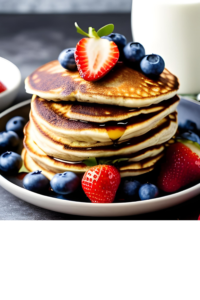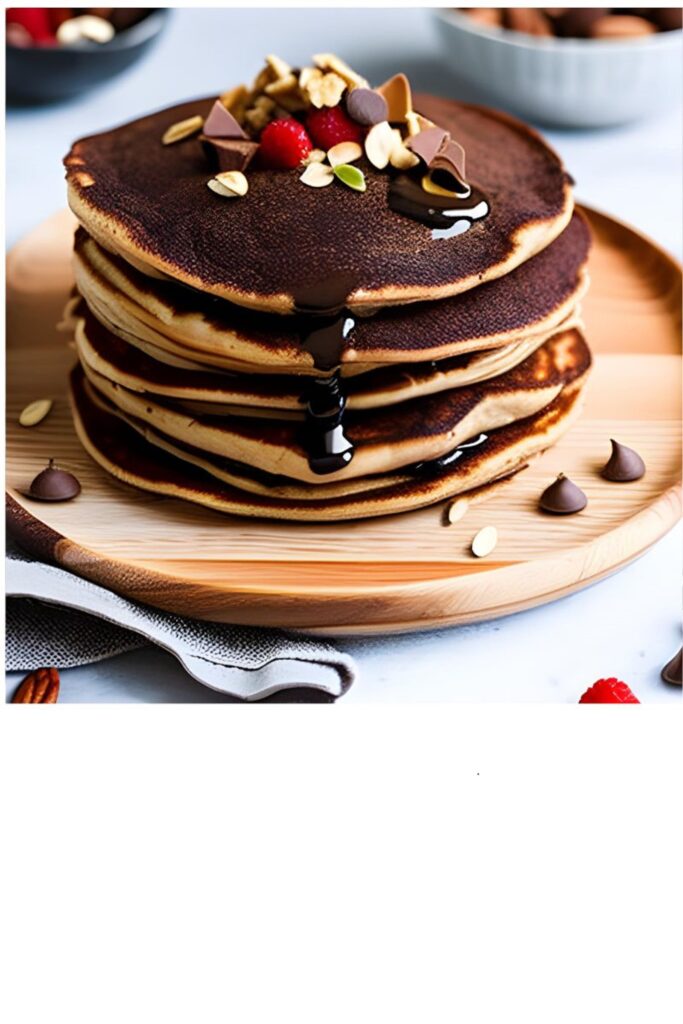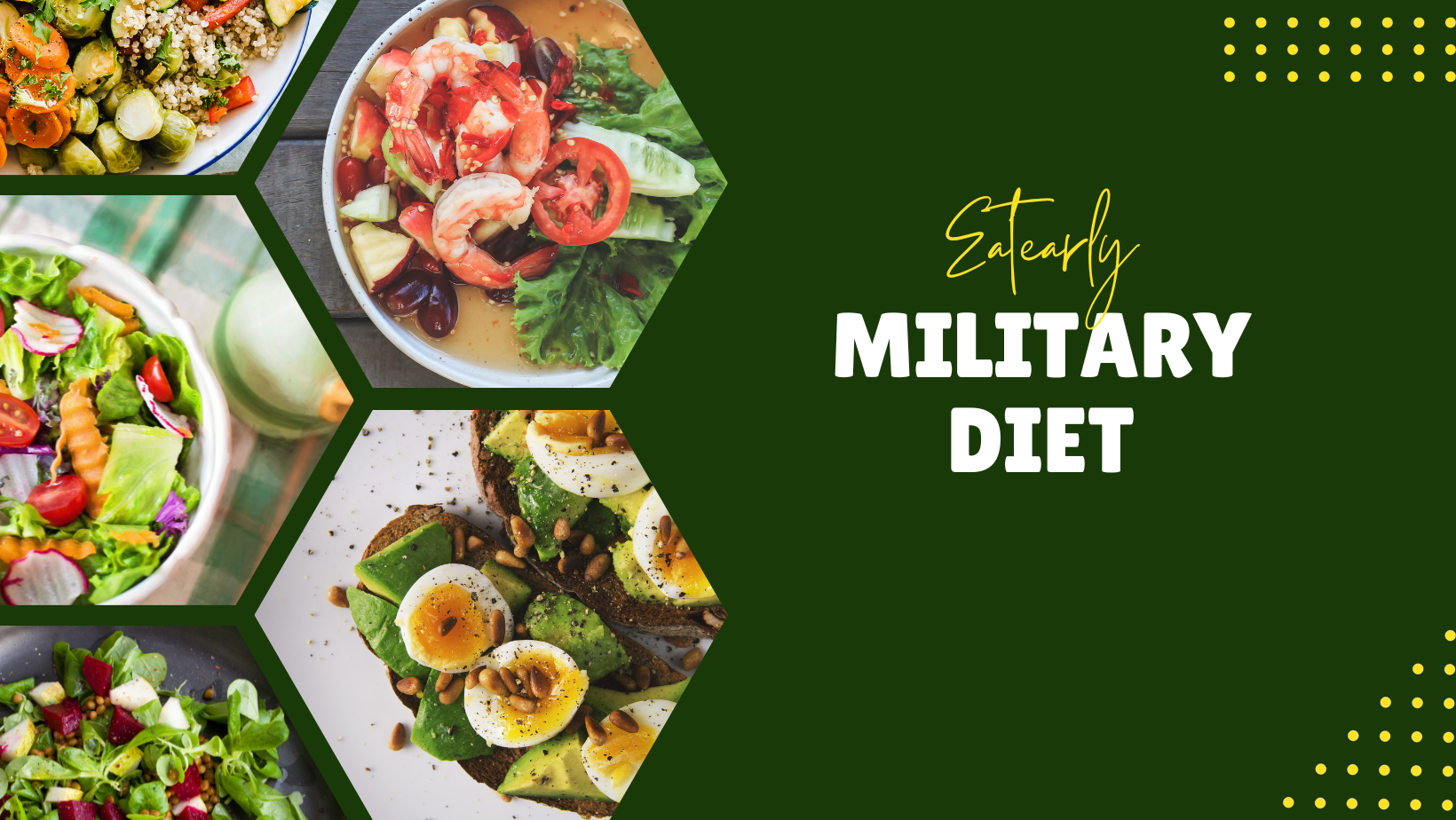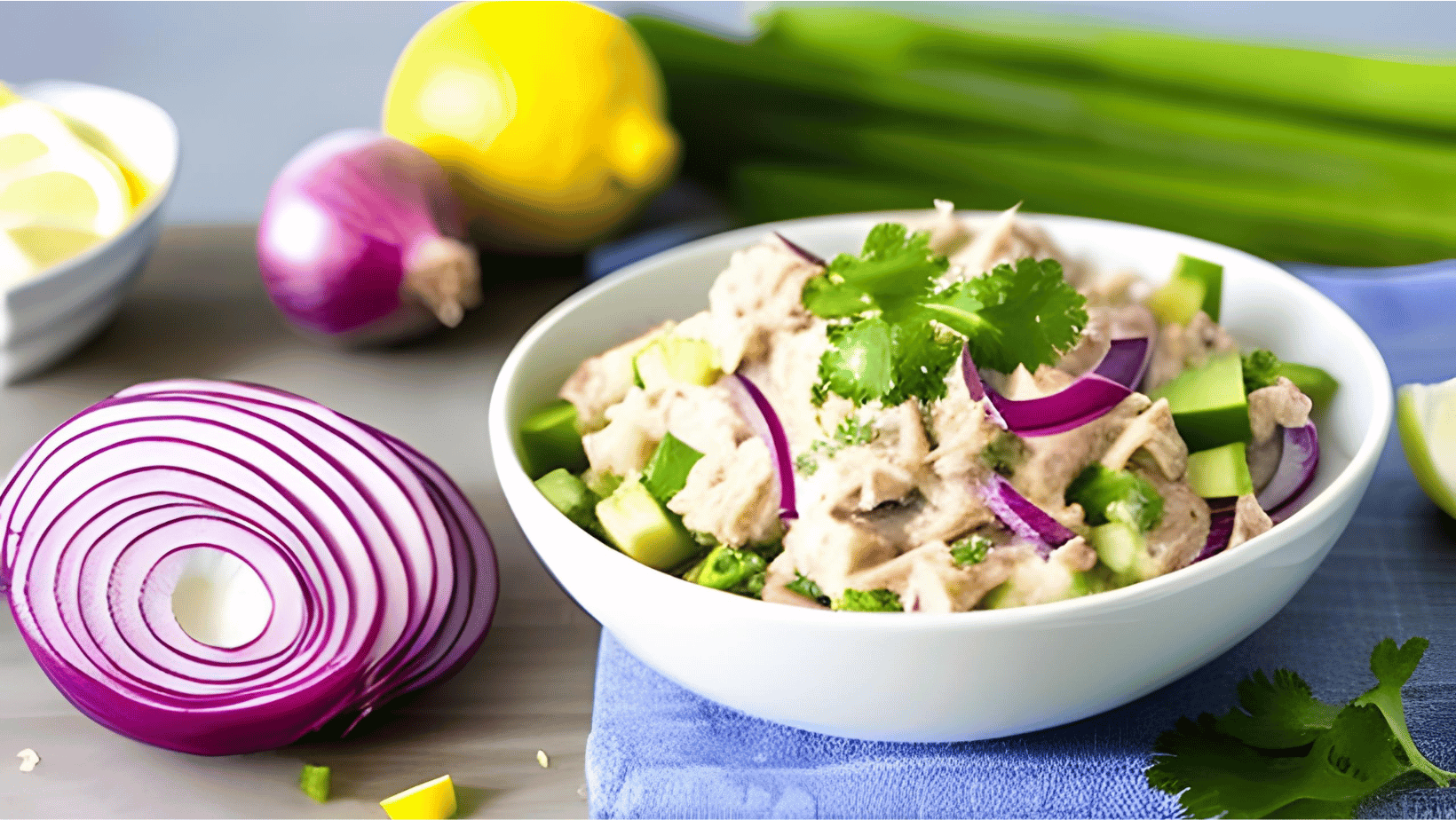Contents
- 1 Why You Should Eat Protein Pancakes Instead of Traditional Ones
- 2
- 3 What are the Amino acids enriched in Protein Pancakes?
- 4 How much protein do protein pancakes typically have?
- 5 Can protein pancakes be a good pre-workout meal?
- 6 What protein powders I can use in protein Pancakes?
- 7 What are some toppings that go well with protein pancakes?
- 8 Can protein pancakes be frozen and reheated?
There’s a delicious way to kick-start your day, packed with a nutritional punch that will keep you energized all morning. Yes, we’re talking about Protein Pancakes! This tasty and nutritious meal is more than just your typical breakfast staple—it’s a powerhouse of health benefits, ready to transform your daily routine.
“Protein pancakes are a fantastic way to fuel your day, offering a balanced blend of protein, carbohydrates, and fats,” says a renowned nutritionist.
But how do you whip up these protein-packed pancakes, and what makes them such a star in the world of health and fitness? Let’s dive into the exciting world of protein pancakes and discover their benefits, nutrition facts, and best time to indulge. Remember, like anything, moderation is key.

Why You Should Eat Protein Pancakes Instead of Traditional Ones
Protein pancakes are revolutionizing the way we do breakfast, and for good reason. These fluffy delights promise all the joy of your favorite breakfast food, without the guilt. Let’s explore why you should consider this power-packed alternative to traditional pancakes.
Protein pancakes can help increase satiety and reduce hunger cravings.
The Power of Protein
Protein is essential for the growth and repair of tissues in your body. It also helps to keep you feeling fuller for longer, reducing the snacking tendencies that might derail your diet plans. By swapping traditional pancakes for protein pancakes, you’re not only cutting down on excessive carbohydrates but also getting a powerful punch of protein with every bite.
Health Benefits
Protein pancakes come with an array of health benefits. They are high in fiber, which aids digestion and reduces the risk of heart disease. They can also help you manage your weight effectively, thanks to their high protein content, which boosts metabolism and reduces appetite.
Nutritional Facts
| Nutrients | Amount |
|---|---|
| Calories | 200 |
| Protein | 20g |
| Carbohydrates | 15g |
| Fiber | 5g |
| Sugars | 3g |
As you can see, protein pancakes offer a balanced nutritional profile that supports a healthy diet.
What are the Amino acids enriched in Protein Pancakes?
Protein pancakes are a delightful twist on the traditional breakfast food that packs a powerful punch of essential amino acids. These are the building blocks of protein, crucial for the repair, growth, and maintenance of the body’s cells.
Key Amino Acids in Protein Pancakes
Key amino acids found in protein pancakes typically include:
- Leucine: This branched-chain amino acid is essential for muscle repair and recovery. It’s a star player in protein synthesis, helping to build lean muscle mass.
- Isoleucine: Another branched-chain amino acid, it’s vital for energy production and immune function.
- Valine: This amino acid is key for muscle growth and regeneration, and it also aids in energy production.
- Lysine: Essential for bone health, lysine helps with calcium absorption and collagen production.
- Threonine: It’s important for skin and connective tissue health, promoting elasticity and a strong immune system.
Nutritional Powerhouse
Given the right recipe and ingredients, protein pancakes can be a nutritional powerhouse, delivering not only the essential amino acids but a spectrum of nutrients that contribute to overall health and well-being.
Tip: For a protein boost, consider adding protein powder to your pancake batter. It’s a simple way to increase your intake of these crucial amino acids.
Remember, protein pancakes are not just a delicious breakfast option; they’re a smart way to start the day, fueling your body with the nutrients it needs to perform at its best.

How much protein do protein pancakes typically have?
Let’s talk about the protein content of these delicious pancakes. On average, a serving of protein pancakes contains between 20-30 grams of protein. This can vary based on the recipe you’re using, and the type of protein powder you choose.
Factors Influencing Protein Content
Firstly, the type of protein powder you opt for can make a significant difference. Whey protein, for instance, has a higher protein content than plant-based protein powders. Secondly, additional ingredients, like Greek yogurt or egg whites, can further boost the protein levels.
A Look at the Numbers
| Protein Source | Amount of Protein |
|---|---|
| Whey Protein (1 scoop) | 20-25g |
| Plant-based Protein (1 scoop) | 15-20g |
| Greek Yogurt (1 cup) | 17-20g |
| Egg Whites (3 large) | 10-12g |
So, the next time you whip up a batch of protein pancakes, remember this – not only are they scrumptiously good, but they also pack a serious protein punch!
Can protein pancakes be a good pre-workout meal?
There’s no denying that protein pancakes could potentially be the star of your pre-workout meal. These nutrient-rich, delectable treats are not just a delightful way to start your day, but also an exceptional fuel source for your exercise routine. Let’s dive into why.
The Power of Protein
Protein is a vital nutrient that aids in repairing and building body tissues, including muscles. Consuming protein prior to your workout can supply your muscles with a steady stream of amino acids, promoting muscle protein synthesis and reducing muscle damage.
Carbs for Energy
Protein pancakes aren’t just about protein – they also contain carbohydrates. Carbs are the body’s primary energy source, essential for fuelling your workout and aiding in recovery afterwards.
Why Protein Pancakes?
With protein pancakes, you get a perfect blend of protein and carbs, along with other essential nutrients. This balanced nutrient profile makes them an excellent pre-workout meal option. Plus, who wouldn’t love kick-starting their day with a stack of pancakes?
Protein pancakes can aid in muscle recovery and growth after exercise.
What protein powders I can use in protein Pancakes?
Protein pancakes can be a delicious and nutritious way to start your day or refuel after a workout. They’re incredibly versatile, and you can customize them to fit your dietary needs and preferences. But, what types of protein powders can be used in protein pancakes?
Whey Protein
Whey protein is one of the most commonly used protein powders. It’s a complete protein, meaning it contains all the essential amino acids your body needs. Plus, it’s quickly absorbed, making it great for post-workout recovery.
Plant-Based Proteins
For those following a vegan diet, plant-based proteins like pea, hemp, and brown rice protein are excellent choices. These proteins are also ideal for those with dairy allergies or intolerances. They’re typically slower to absorb, but still provide a good source of protein.
Casein Protein
Casein, like whey, is a milk-based protein. It’s slower to digest, making it a good option for a meal that will keep you feeling full longer.
Remember, the type of protein powder you choose will likely affect the taste and texture of your pancakes. It’s a good idea to experiment with different types to see which you prefer. Happy cooking!
Also, consider dietary restrictions and personal health goals when choosing a protein powder. For instance, if you’re vegan, a plant-based protein may be a good fit. Ultimately, the best protein powder is one that you enjoy and fits into your lifestyle.
What are some toppings that go well with protein pancakes?
Protein Pancakes are versatile and can be topped with a variety of delicious and nutritious options. The right toppings can transform your protein pancake meal into a delightful culinary experience while amplifying the nutritional value. Let’s dive into some toppings that pair up perfectly with protein pancakes.
1. Fruits and Berries
Fresh fruits and berries add a sweet, tangy flavor that complements the taste of protein pancakes. Think bananas, strawberries, blueberries, or even a mix of your favorite fruits. Besides their refreshing taste, fruits are packed with vitamins and fiber.
2. Nut Butter
For a dose of healthy fats and proteins, consider slathering your protein pancakes with some nut butter. Almond butter, peanut butter, or cashew butter can provide a satisfying crunch and rich flavor, adding to your protein intake.
3. Yogurt
Adding a dollop of Greek yogurt can give your protein pancakes a creamy twist. Moreover, it’s a great source of probiotics, protein, and calcium. To keep the sugar content low, opt for plain, unsweetened yogurt, and let the natural sweetness of your other toppings shine.
4. Nuts and Seeds
Sprinkling some crushed nuts or seeds on top of your protein pancakes adds texture and ups the health factor. Chia seeds, flax seeds, almonds, or walnuts are all excellent choices. They’re loaded with omega-3 fatty acids, fiber, and a host of other nutrients.
5. Dark Chocolate
If you’re a chocolate lover, go ahead and add some dark chocolate shavings or cacao nibs to your protein pancakes. Dark chocolate is rich in antioxidants and can satisfy your sweet tooth without overloading on sugar.
Remember, the key is to balance taste and nutrition. Feel free to experiment with different combinations to find your perfect protein pancake topping.
Can protein pancakes be frozen and reheated?
Here’s the good news for all you meal-preppers out there. Yes, protein pancakes can indeed be frozen and reheated! This makes them a fantastic option for those rushed mornings when you don’t have time to whip up a batch from scratch.
How to Freeze Protein Pancakes
Freezing protein pancakes is as easy as pie. Once you’ve cooked your pancakes, let them cool completely. Then, place a piece of parchment paper between each pancake to prevent them from sticking together. Finally, put the stack of pancakes in a freezer-friendly bag or container, ensuring it’s sealed tight to prevent freezer burn.
Reheating Frozen Protein Pancakes
When it’s time to enjoy your protein-packed breakfast, you’ve got a few options for reheating. You could pop them in the microwave for a quick heat, though this may make them a bit more moist. Alternatively, for a more authentic, freshly-cooked pancake feel, reheat them in a toaster or on a skillet over low heat until they’re warmed through.
Note: While reheating, make sure to watch your pancakes closely to ensure they don’t burn or dry out. Every appliance is different, so it may take a little trial and error to find the perfect reheating time for your protein pancakes.
When to Eat Protein Pancakes
Protein pancakes make for a perfect breakfast, providing you with ample energy to kickstart your day. They could also work as a post-workout meal to help with muscle recovery. However, remember that balance is key. Don’t limit yourself to just protein pancakes; ensure you have a varied diet that includes other sources of essential nutrients as well.
What Happens If You Overeat Protein Pancakes?
While protein pancakes are a healthier option, overeating can lead to weight gain and other health issues. It’s all about moderation. Enjoy your protein pancakes, but also ensure to maintain a balanced diet and regular exercise.
Eating too many protein pancakes can lead to an excess intake of protein and calories.
Alternatives to Protein Pancakes
- Quinoa Pancakes: A great source of protein and fiber.
- Oatmeal Pancakes: High in fiber and keeps you feeling full.
- Almond Flour Pancakes: Low in carbs, high in healthy fats and protein.
In conclusion, protein pancakes offer a healthier twist to the traditional version, without compromising on taste or satisfaction. Try them out, and you might just find your new favorite breakfast!







[…] Protein Pancakes […]
[…] Previous post […]